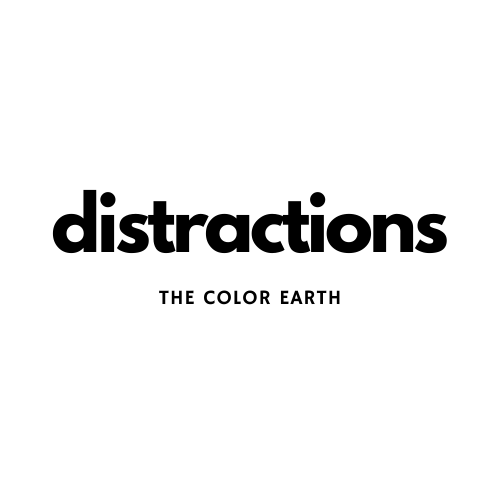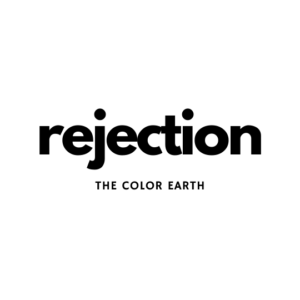At first thought, distractions might be seen as something negative like when you’re in class and instead of paying attention to the function of the line, you’re on TikTok learning about investing and taxes. It’s negative because you aren’t paying attention to a subject that you would need to advance your degree. Others might argue that watching videos that make you happy is good for your well-being. As of now, I am writing this piece to distract me from doing my homework. It follows the same formula above which is doing something I like instead of doing something I need to do.
In the time it took me to write those first few sentences, I have counted five distractions. One was from my dog talking, another from the stove, two from the phone and the other was from my brother. The difference between these distractions with the first paragraph is that they are urgent and requires me to do something I would rather not do. It’s the reverse formula of the one above, and the consequences range from mild irritation to anger.
It is possible for distractions to compound each other. And in the first case, watching several TikToks could bring me the needed joy that I’ve been missing that day. And the same can be said for the second case, just in the opposite feeling. And although they have different emotional triggers, they accomplish one thing together: keeping me from doing what I need to do.
If I want to be more efficient, I need to minimize the amount of distractions I have, so I narrowed it down to one solution with many ways of getting there. I have to prevent distractions in the first place: setting my phone away from me in class, dedicating a specific time for piece writing and saying ‘no’ to others. I haven’t tested this hypothesis yet, but I’ll try my best. If I have success, I expect to have priorities done more efficiently. If I fail, expect another piece of me about struggling.



